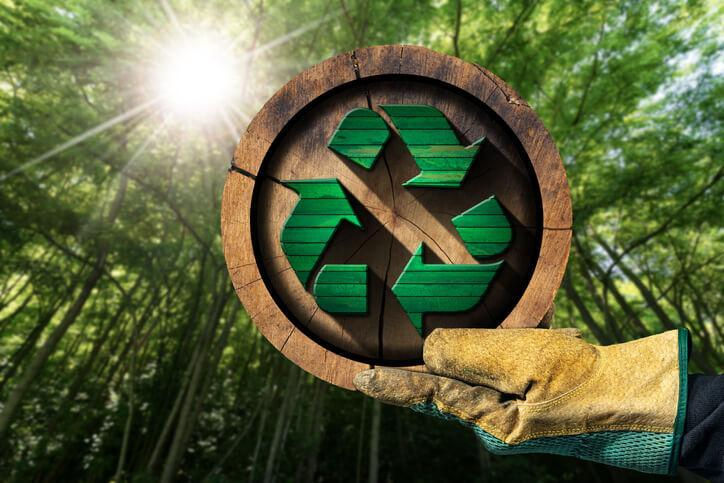Misinformation in the Eco-Products Space: How Plastech Stands Out Among Plastic Alternatives
- Nov 21, 2024
- 1 min read
Updated: Jul 22, 2025

The alternative plastics space faces challenges from both misinformation and "greenwashing," which misleads consumers about sustainability. Articles like the one on bio-based fibers often miss highlighting viable, positive solutions.
The recent Phys.org article argues that some bio-based fibers, particularly those derived from wood cellulose, can harm the environment through microplastic-like pollution. However, Plastech's products differ significantly because they are derived from non-wood sources like corn and sugarcane, which are fully compostable and designed for full compostability, ensuring they break down without leaving microplastic residue.
Unlike cellulose-based fibers that may not fully break down in natural settings, Plastech’s products stand apart by achieving international home and industrial compostability standards, demonstrating that not all bio-based alternatives are created equal in their environmental impact. Plastech Products offer a truly eco-friendly alternative.
In the rapidly evolving space of alternative plastics, being well-informed is essential to address misconceptions and respond effectively to questions that arise from articles like the recent one on bio-based fibers. Understanding the distinctions between different materials allows us to clarify the environmental advantages of Plastech's corn- and sugarcane-based products, which are genuinely compostable, unlike some other bio-based materials. By educating ourselves and others, we can help consumers make informed choices, ensuring they understand why products like ours represent true progress toward sustainability, not greenwashing.




Comments